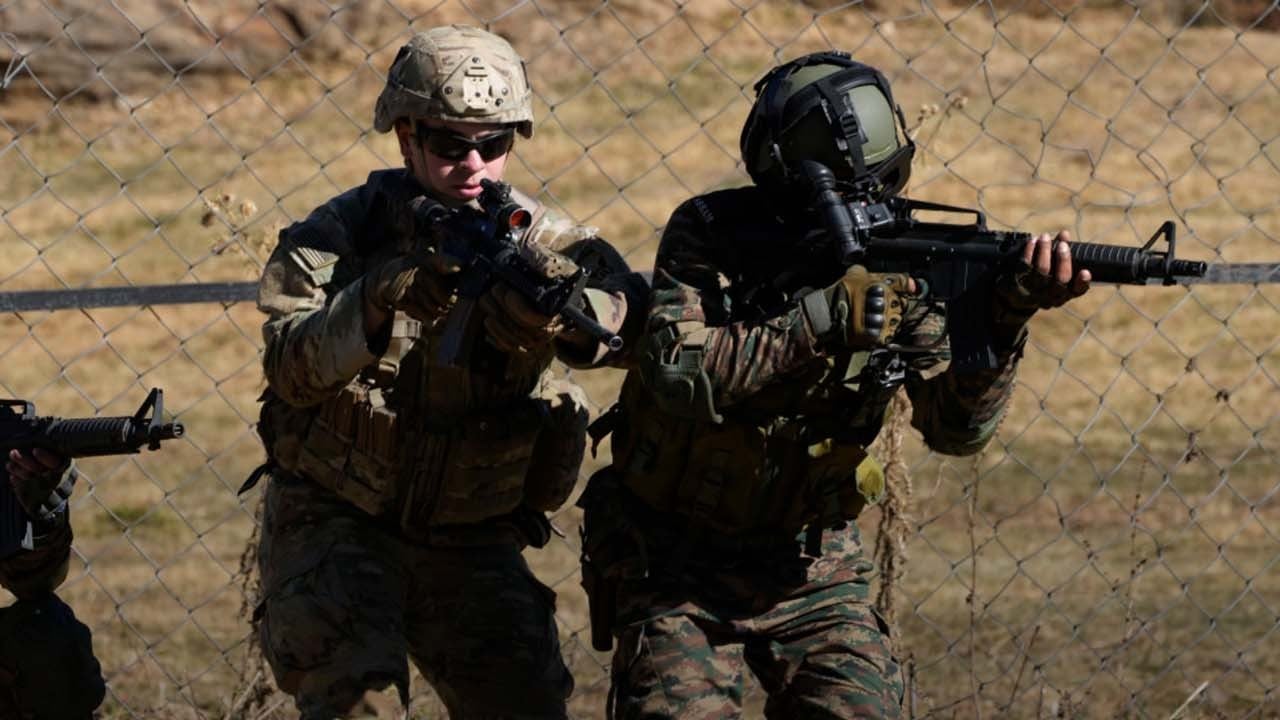
Mental health – the big stress test for China’s military ambitions
- The PLA is expanding its reach and ramping up its technology but the pressure is taking a toll on personnel
- The armed forces are looking at ways to help troops cope with the demands of combat readiness
The People’s Liberation Army has introduced counselling services, regular assessments and courses to help troops deal with the stress of their assignments and cope in combat.
According to reports in the PLA Daily, people are the decisive factor in combat and mental stability is key to effectiveness.
“Only when soldiers’ mental health is guaranteed can the troops be more effective in combat,” the PLA Daily quoted an unnamed official as saying.
“In recent years, as combat training has advanced, frontline troops have faced significantly more intense and difficult training tasks, and some officers and soldiers are prone to nervousness, anxiety and other emotions,” the report said.
It said that in one special warfare brigade taking the lead in this area, files were kept on each soldier and officer, recording their psychological state and behaviour. Follow-up services and training courses were also introduced to help young officers and soldiers maintain a good mental state.
A brigade from the 73rd Group Army also launched “online psychological services” to help officers and soldiers experiencing “fearful emotions” after taking part in difficult field training exercises.
And during an anti-stress training organised by the 71st Group Army in June, military doctors collected and analysed data on the mental state of officers and soldiers throughout the process, according to the PLA Daily.
Interventions were made and one psychological counsellor had been assigned to each battalion, it said.
The need to address pressure from missions was highlighted by a Naval Medical University in Shanghai last year.
Researchers found that one in five male sailors serving with China’s submarine force in the South China Sea experienced mental health problems, and the sea’s strategic importance to China was likely to be one of the contributing factors.
Beijing-based naval analyst Li Jie said the demands of combat readiness in disputed waters raised psychological pressure among personnel and should be taken seriously.
“The situation in the South China Sea has intensified. There are more tasks than in the past … No matter whether on or below the surface, there have been more encounters between Chinese warships and those of the US or other Western countries,” Li said.
“The state of combat readiness must be maintained, so it will increase the mental pressure on soldiers,” Li said, adding that this was not just a problem for the PLA.
In March, US Defence Secretary Lloyd Austin announced the creation of an independent committee to review the military’s mental health and suicide prevention programmes.
According to data from the Department of Defence, the suicide rate of US active-duty troops increased from 20.3 per 100,000 service members in 2015 to 28.7 per 100,000 in 2020. A total of 580 service members died by suicide in 2020. The total for 2015 was not given.
Fu Qianshao, a retired equipment expert from the PLA Air Force, said PLA pilots were conducting more difficult tasks and the impact on their mental health should be addressed.
“Flying warplanes involves complex training, and the problem of such psychological stress is not something new,” Fu said.
“But the equipment technology has risen and the training intensified, with new real combat training added. For example, ultra-low-altitude flight and complex terrain flight are now greatly increased.”
At the same time, tougher training is needed to ensure mental endurance, he said.


